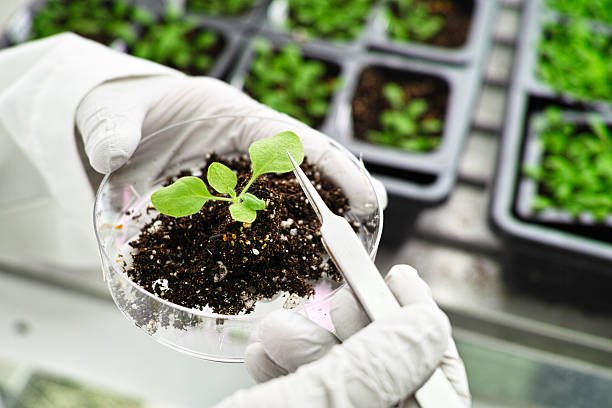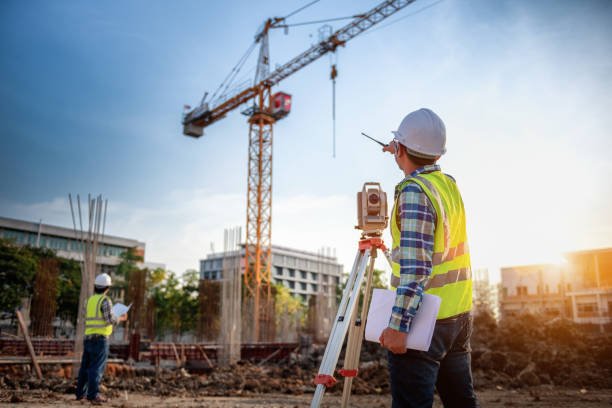Research Topics Related to Soil Science
Soil science is a fundamental discipline within agricultural and environmental sciences that focuses on the study of soil as a natural resource. It examines the physical, chemical, and biological properties of soil, its formation, classification, fertility, and its critical role in sustainable agriculture, climate regulation, and ecosystem balance.
Students, researchers, and professionals who explore soil science have a wide range of areas to investigate. From soil fertility and plant nutrition to soil microbiology and climate change, the field offers rich opportunities for impactful research. This article explores well-classified research topics related to soil science and provides clarity for anyone seeking guidance in choosing relevant project or thesis topics.
Importance of Research in Soil Science
Research in soil science is not only important for increasing agricultural productivity but also for addressing global challenges like climate change, land degradation, food insecurity, and environmental pollution. Effective soil research helps in:
- Developing better soil management practices.
- Promoting sustainable agricultural systems.
- Enhancing food production without harming the environment.
- Understanding soil’s role in carbon sequestration and climate mitigation.
- Preventing erosion, desertification, and land degradation.
Categories of Research Topics in Soil Science
To make topic selection easier, below are well-classified categories of soil science research areas with detailed examples.
1. Soil Fertility and Plant Nutrition
- Assessment of soil nutrient availability in different agro-ecological zones.
- Impact of organic and inorganic fertilizers on crop yield.
- Role of micronutrients (zinc, iron, boron) in soil fertility.
- Long-term fertilizer use and its effect on soil quality.
- Soil amendments for improving crop productivity.
2. Soil Microbiology and Biochemistry
- Role of beneficial microbes in soil health and crop growth.
- Bioremediation of contaminated soils using microorganisms.
- Soil enzyme activities as indicators of soil fertility.
- Influence of biofertilizers on soil microbial communities.
- Carbon and nitrogen cycling in soil ecosystems.
3. Soil Physics and Structure
- Soil compaction and its effect on crop root development.
- Water infiltration and retention capacity of different soil types.
- Impact of tillage practices on soil structure and porosity.
- Soil moisture monitoring using modern technologies.
- Modeling soil-water-plant interactions for better irrigation.
4. Soil Chemistry and Pollution Studies
- Heavy metal contamination in agricultural soils and mitigation strategies.
- Soil pH variation and its impact on nutrient uptake.
- Use of biochar for soil pollution control.
- Chemical transformations of nitrogen in soil.
- Soil salinity and alkalinity management in arid regions.
5. Soil and Climate Change
- Soil carbon sequestration as a climate mitigation strategy.
- Greenhouse gas emissions from soils under different cropping systems.
- Climate change impacts on soil fertility and productivity.
- Role of soils in global carbon and nitrogen cycles.
- Practices to improve soil resilience against climate variability.
6. Soil and Sustainable Agriculture
- Conservation tillage and its role in soil health.
- Integrated soil fertility management practices.
- Effects of cover cropping on soil properties.
- Soil management in organic versus conventional farming systems.
- Precision agriculture and soil nutrient mapping.
7. Soil Degradation and Restoration
- Causes and effects of soil erosion on agricultural productivity.
- Desertification processes and prevention methods.
- Soil reclamation strategies in mining-affected areas.
- Restoration of degraded soils using agroforestry.
- Sustainable land use practices for soil conservation.
8. Soil Classification and Mapping
- Digital soil mapping using GIS and remote sensing.
- Comparative studies of soil classification systems.
- Soil surveys for land use planning.
- Spatial distribution of soil nutrients.
- Role of soil mapping in precision agriculture.
Conclusion
Soil science research plays a pivotal role in tackling challenges related to food security, climate change, land degradation, and environmental sustainability. By exploring areas like fertility, microbiology, chemistry, climate impact, and sustainable agriculture, researchers can generate valuable knowledge to enhance soil productivity and protect ecosystems.
Whether you are a student looking for a project topic or a professional aiming to solve global agricultural challenges, the above-listed categories and topics provide a clear roadmap for impactful research in soil science.
FAQs on Research Topics Related to Soil Science
1. What are the current hot topics in soil science research?
Current hot topics include soil carbon sequestration, climate change impacts, digital soil mapping, and soil microbiome studies.
2. Which soil science research areas are best for agriculture students?
Agriculture students can focus on soil fertility, sustainable farming practices, and soil-water-plant interactions for practical and impactful studies.
3. How does soil science research contribute to climate change solutions?
Soil science helps in carbon sequestration, reducing greenhouse gas emissions, and developing climate-resilient soil management practices.
4. Can soil microbiology be a good research area?
Yes, soil microbiology is a promising area, especially in biofertilizers, bioremediation, and improving soil health naturally.
5. What tools and technologies are used in modern soil research?
Technologies like GIS, remote sensing, soil sensors, and molecular techniques for microbiome analysis are widely used in modern soil research.
READ ALSO: Research Topics Related to Fisheries and Aquaculture







One Comment